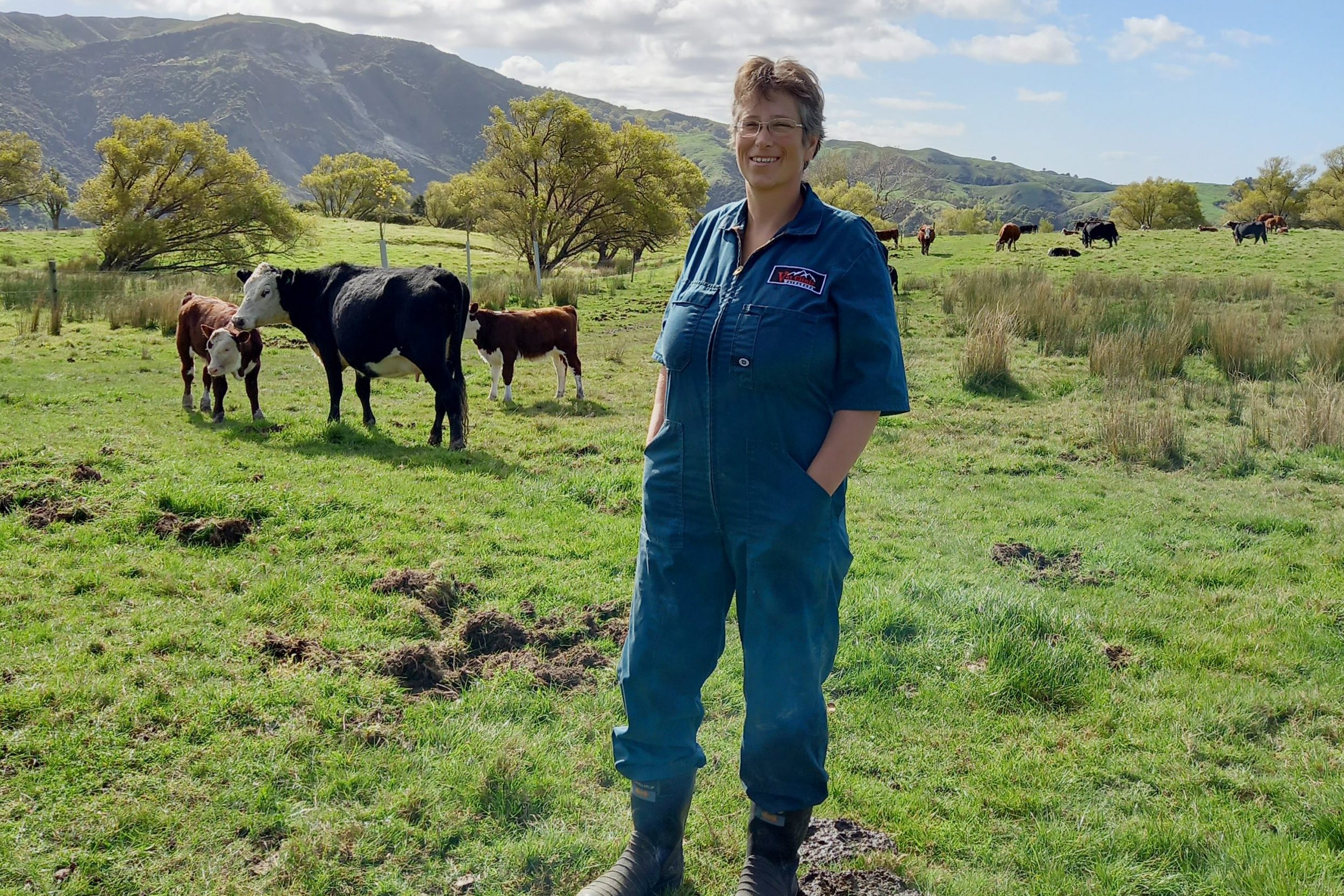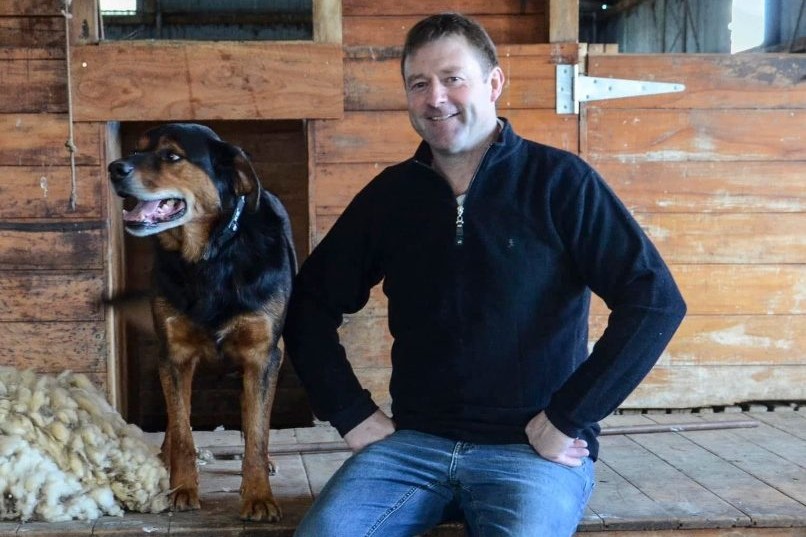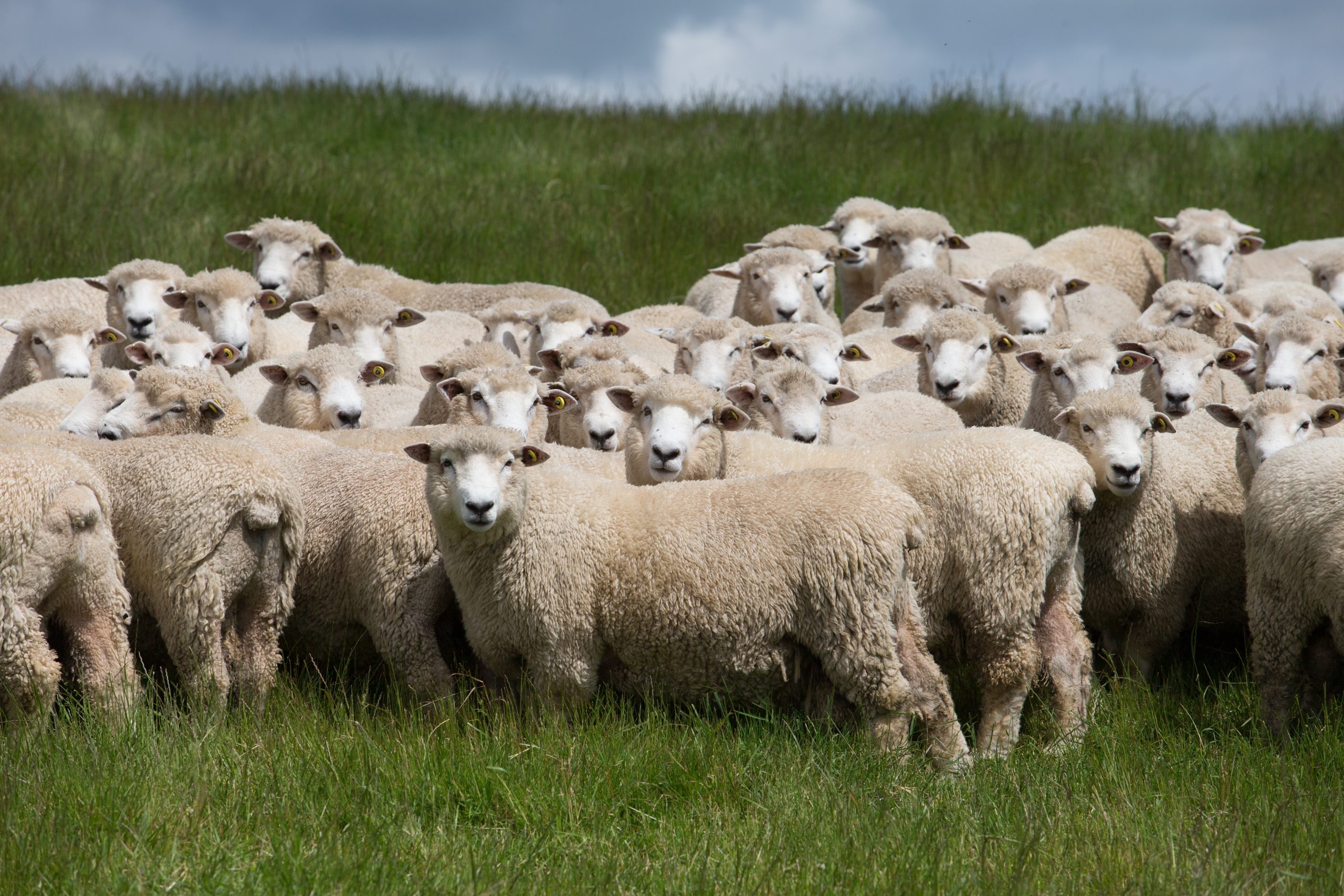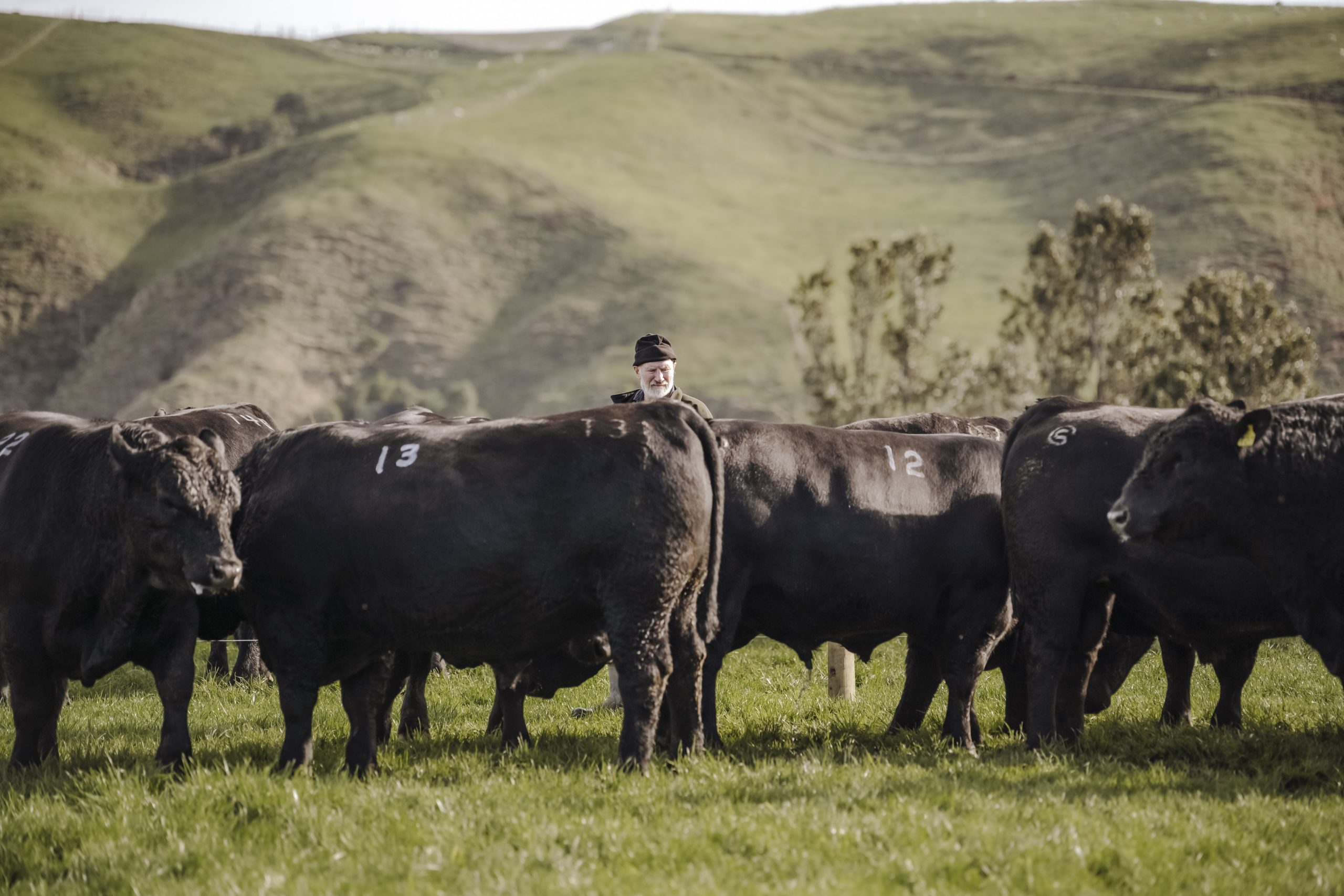The value of science
Trevor Cook calls for good, reliable science to enhance our farming systems, and says it’s a mistake to misinterpret or ignore scientific outcomes.


Nearly 20 years ago when I was on one of the Ovita committees, there was a lot of excitement about what DNA technology could do to fast track the genetic gain being made in the sheep industry. It has done just that, with a number of tools now available to stud breeders.
The availability of that to commercial farmers was always talked about, with the big one being able to link lambs born to their mothers. Selecting only ewes that scanned and weaned two lambs for breeding replacements would add massive pace to the genetic gain in the flock, for example.
I remember a data set from a commercial flock that manually tracked lambs to mothers and only selected ewes to breed from the weight of lamb weaned. Over three generations the weight of lamb weaned per ewe had lifted by more than 20%. Using DNA to link lambs to ewes was going to be a game changer. But the price of that DNA technology never came down enough to allow it to be used much at a commercial level. Finally, that has changed, and it could well become an added tool for selection on commercial sheep farms.
When that same data collection can be used to select for production traits and not just parentage, it could be the gateway to huge gains. To date, most of the genetic gain has been via the ram because there have been limited options for selection within the flock, these just being using scanning data and lambing outcome. Long gone are the times when weighing fleeces was a key selection tool.
That DNA technology is science at its best. Science has backed the massive progress that our livestock industries have made and we pride ourselves on how much of what we do is based on science.
A lot has changed since I graduated from vet school. When I look at the drug resources available, the knowledge of parasite behaviour, or the knowledge about the metabolic state of dairy cows, what we have now is massively different – all the outcome from a science approach. Most of that science was not challenged and has been largely implemented.
But more and more science-generated outcomes are being challenged or ignored. Take our soil science, which is probably the most comprehensive in the world; we know so much about our soils and what they need. With this very strong science background it is surprising how easily alternative fertiliser and grazing systems have gained ground. Their entry into the NZ market has been based on outcomes in exotic soils. These being different types of soil, different ages of soil and different management systems on those soils. With no science to show that they are applicable to our soils, they have gained traction. Time may well yet expose the folly of these claims.
The science that is getting misinterpreted is generated from surveys or linking an outcome to a particular factor. While the science behind gathering that data will be valid, it is not a cause and effect study, so does not prove the link or survey result. The recent negative press about the health effects of eating red meat is firmly in the camp of an association. In no way is it proof. The signed rejection of that claim by 1000 scientists shows up the fallacy of the survey result being presented as a valid claim.
The focus on methane has and is leading to some very good science activity. Selecting livestock on their methane outputs sounds logical as a means to lower the outpouring of methane into the atmosphere. The technical science around that measuring is impressive but fails to look beyond that claim. It is looking more and more like those lower methane output animals have a smaller rumen. Consequently they are less efficient, have a lower feed conversion efficiency and will grow more slowly, and so destroy the perceived benefit of emitting less methane. But the story sounds impressive. Of course the whole science around methane and its role in global warming while valid is being either ignored or misinterpreted.
In exactly the same camp as ignoring or misinterpreting science outcomes is a large amount of the environmental regulation. It is frightening just how much is being put into place without the backing of published science. Riparian strips, cropping slope, nitrogen applications, nitrous oxide contamination related to animal type, methane emissions and sequestration are many of the items that farmers are being forced to implement when every one of these is subject to a valid science challenge. Some of it has got into the silly camp, like two wires instead of one or six metre riparian strips instead of four.
What I said at the start we need to respect and value. Our farming systems are based on good science.
- Trevor Cook is a production animal consultant/veterinarian in Feilding.




